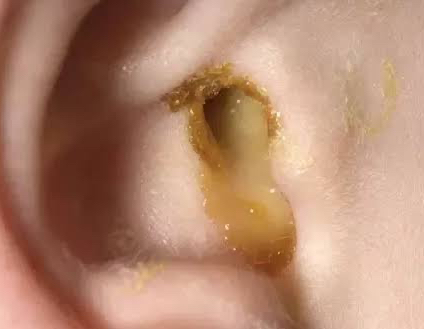+918045134178

This is your website preview.
Currently it only shows your basic business info. Start adding relevant business details such as description, images and products or services to gain your customers attention by using Boost 360 android app / iOS App / web portal.
Otorrhea, Ear Discharge, Ear Infection, ENT Specialist in Airoli, Hearing Loss, Ruptured Ear...

What is Otorrhea? (Ear Discharge) By Dr. Tushar Gori – ENT Specialist (Otorhinolaryngologist) Otorrhea is the medical term for ear discharge – when any fluid, pus, or blood comes out from the ear. It can happen in children as well as adults and may be a sign of an ear infection, injury, or other ear problems. ⸻ Common Causes of Ear Discharge 1. Ear Infection: Most common cause. Pus or fluid leaks out due to a middle ear infection (otitis media) or outer ear infection (otitis externa). 2. Ear Injury: Trauma to the ear, use of sharp objects like earbuds, or sudden loud sounds can damage the ear canal and cause bleeding. 3. Ruptured Eardrum: If the pressure from infection builds up, the eardrum may burst, leading to watery or bloody discharge. 4. Swimmer’s Ear: Water trapped in the ear canal after swimming creates a moist environment for bacteria or fungus to grow. 5. Cholesteatoma: An abnormal skin growth behind the eardrum can cause foul-smelling discharge and may need surgery. ⸻ Symptoms to Watch Out For • Pus or clear fluid coming from the ear • Ear pain or earache • Hearing loss or muffled hearing • Itching or irritation inside the ear • Foul smell from the ear • Fever (in case of infection) ⸻ When Should You See an ENT Specialist? 👉 If the discharge lasts for more than 2–3 days 👉 If it’s foul-smelling, yellow, or bloody 👉 If there is severe ear pain or hearing loss 👉 If the person is a child or elderly 👉 After an injury to the ear or head Delaying treatment may lead to hearing problems, chronic infections, or damage to the eardrum. ⸻ Treatment Options Treatment depends on the cause. Your ENT doctor may recommend: • Antibiotic ear drops or oral medications • Ear cleaning under a microscope (aural toileting) • Surgery, if there’s a chronic issue like cholesteatoma or a perforated eardrum • Keeping the ear dry and clean Avoid inserting earbuds or oil into the ear unless advised by a doctor. ⸻ Tips to Prevent Otorrhea • Don’t insert anything into your ears • Avoid dirty water entering the ears during swimming • Dry ears properly after a shower • Treat colds and sinus infections early • Visit an ENT specialist for regular checkups if you have repeated ear issues ⸻ Conclusion Otorrhea (ear discharge) is not always serious, but it should never be ignored. Timely consultation with an ENT doctor ensures proper diagnosis and treatment, preventing complications like hearing loss or chronic infection. If you or your child experiences ear discharge, seek medical advice early.

